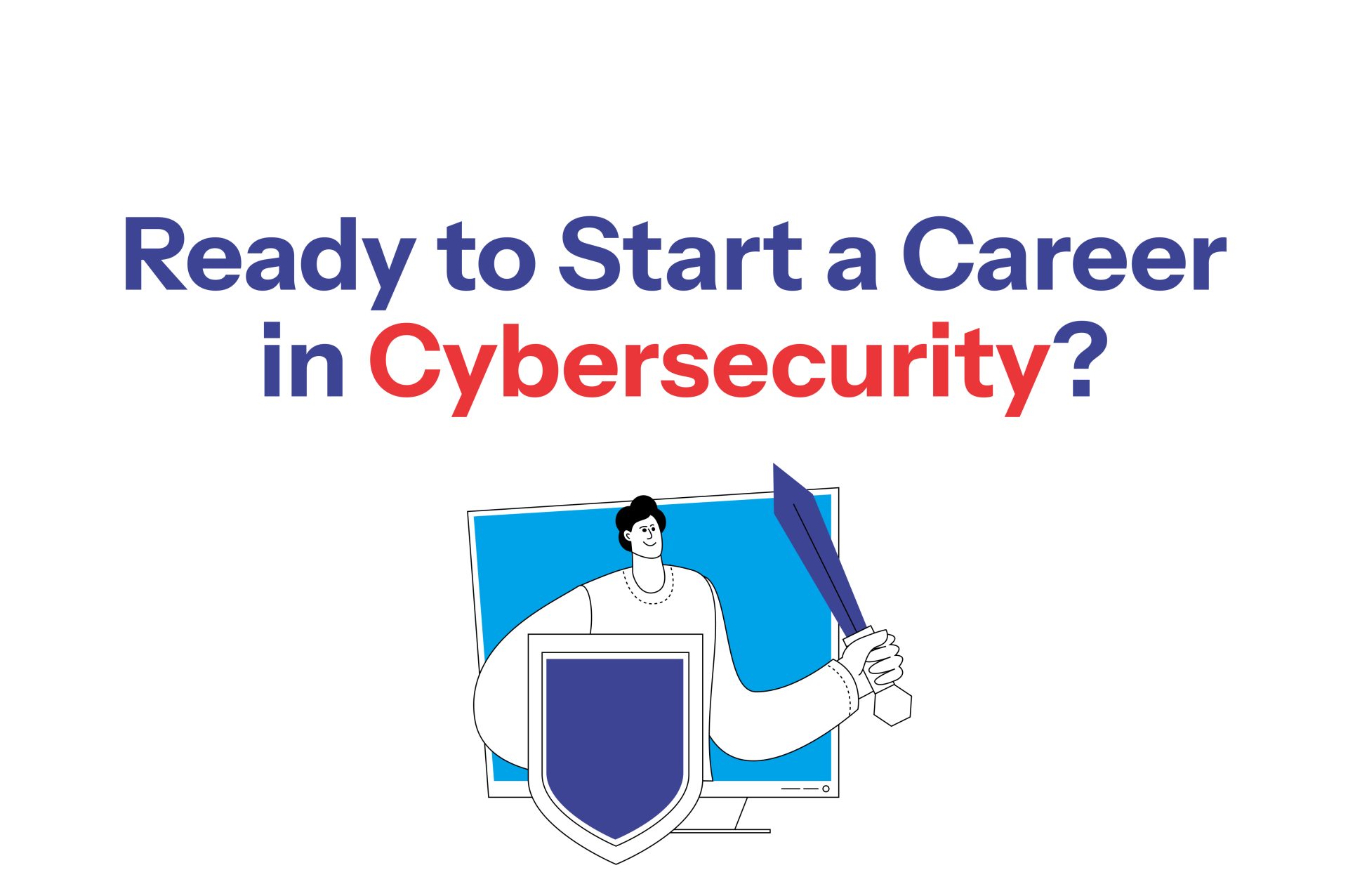The digital world is growing at an unprecedented rate, and so are the threats that come with it. As technology continues to evolve, the need for skilled cybersecurity professionals is greater than ever. This creates a wealth of career opportunities for those looking to enter the field. If you’re considering a career in cybersecurity, you’re on the right path. Here, we’ll explore five essential skills you need to develop to succeed in this dynamic and rewarding industry.
1. Understanding Network Security: Firewalls and VPNs
Network security is the backbone of cybersecurity. It involves protecting a computer network from intruders, whether targeted attackers or opportunistic malware. Firewalls act as a barrier between trusted and untrusted networks, monitoring and controlling incoming and outgoing network traffic based on predetermined security rules. VPNs (Virtual Private Networks) encrypt your internet connection, making it secure and private.
Mastering the setup and management of firewalls and VPNs is crucial for any cybersecurity professional. This skill ensures that you can protect network data and maintain privacy effectively, providing a strong foundation for your cybersecurity expertise.
2. Proficiency in Endpoint Protection: Antivirus Software and Password Managers
Endpoints, such as desktops, laptops, and mobile devices, are often the first target for cyberattacks. Antivirus software is crucial for detecting and eliminating malicious software, while password managers help secure sensitive data by generating and storing strong, unique passwords.
Being proficient in deploying and managing antivirus software, as well as utilizing password managers, is essential for safeguarding personal and organisational data. This skill set helps you prevent breaches and protect critical information from being compromised.
3. Expertise in Threat Detection: Intrusion Detection Systems (IDS) and SIEM Tools
Detecting threats before they cause harm is a critical aspect of cybersecurity. Intrusion Detection Systems monitor network traffic for suspicious activity and potential threats. Security Information and Event Management (SIEM) tools provide real-time analysis of security alerts generated by applications and network hardware.
Developing expertise in setting up and configuring IDS and using SIEM tools to analyze security events ensures you can identify and respond to threats promptly. This proactive approach to threat detection is vital in maintaining a secure network environment.
4. Skills in Data Protection: Encryption Tools and Multi-Factor Authentication (MFA)
Protecting data is paramount in cybersecurity. Encryption tools convert data into a code to prevent unauthorised access, while Multi-Factor Authentication (MFA) adds an extra layer of security by requiring multiple forms of verification before granting access.
Understanding how to implement encryption protocols and manage encryption keys is essential for any cybersecurity professional. Additionally, gaining expertise in setting up MFA enhances security for both users and systems, making data breaches significantly more difficult.
5. Incident Response and Ethical Hacking: Penetration Testing Tools and Incident Response Tools
Being prepared for a security breach is as important as preventing one. Incident response involves identifying, managing, and recovering from cybersecurity incidents. Penetration testing tools allow you to simulate attacks on your network to find and fix vulnerabilities.
Having the skills to create and execute incident response plans and gaining hands-on experience with penetration testing tools is crucial for any cybersecurity professional. These skills enable you to understand and mitigate potential security risks effectively, ensuring your ability to handle real-world cyber threats.
Embarking on a career in cybersecurity requires a combination of technical knowledge and practical skills. By developing these essential skills, you can position yourself for success in this rapidly growing field. Whether you’re just starting out or looking to advance your career, gaining expertise in network security, endpoint protection, threat detection, data protection, and incident response will equip you with the tools needed to excel.
If you’re ready to take the next step, explore MalHub’s Cybersecurity Virtual Course. We are currently taking cohorts, and our comprehensive curriculum covers everything from firewalls and VPNs to penetration testing tools and incident response, etc. Join us to build these crucial skills and become a key player in safeguarding our digital world. Enrol today and start your journey towards a rewarding career in cybersecurity.
















